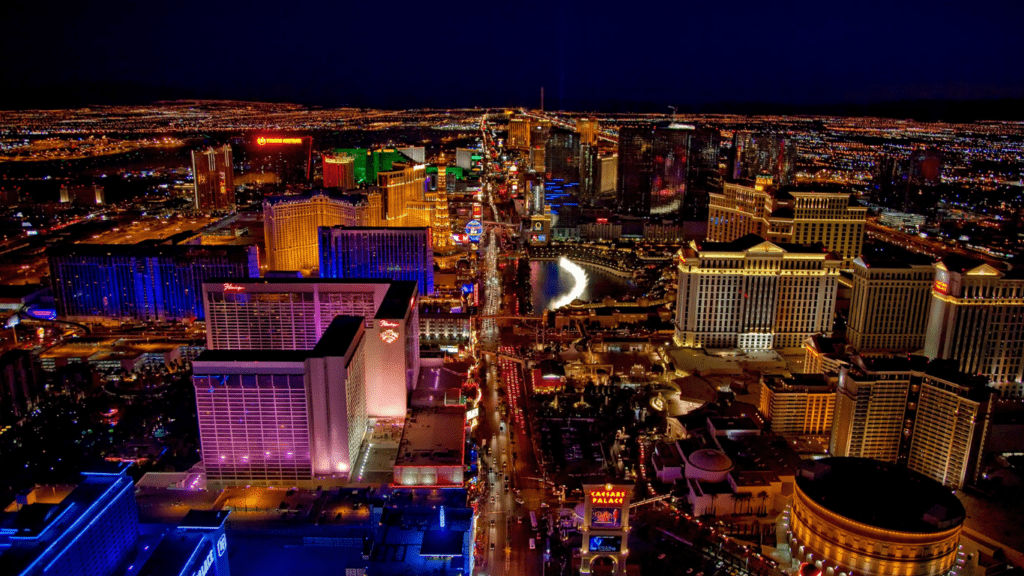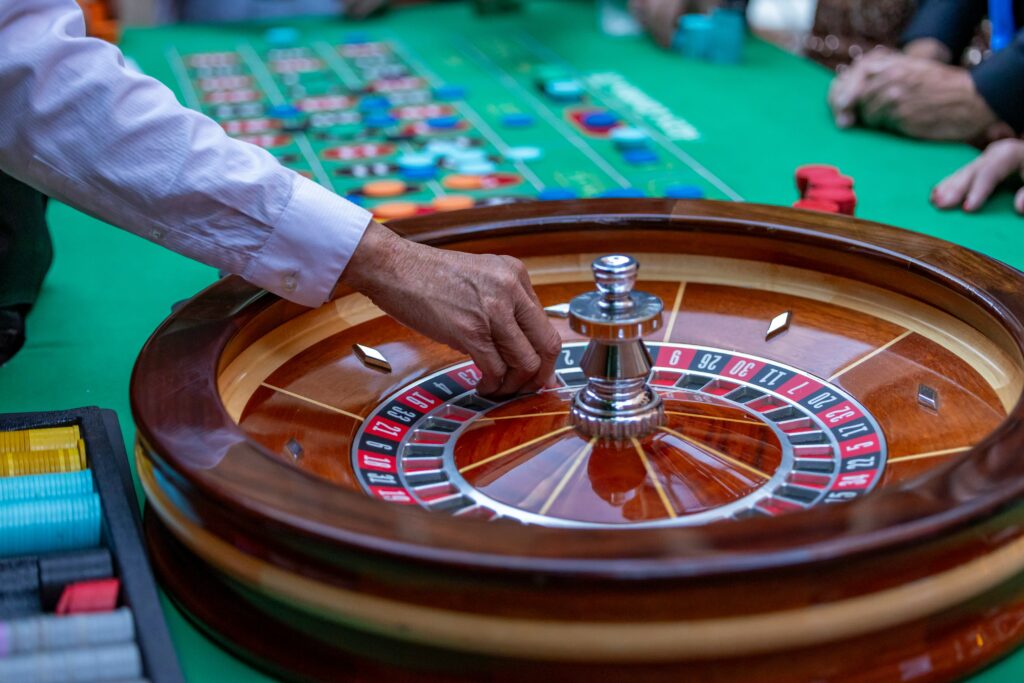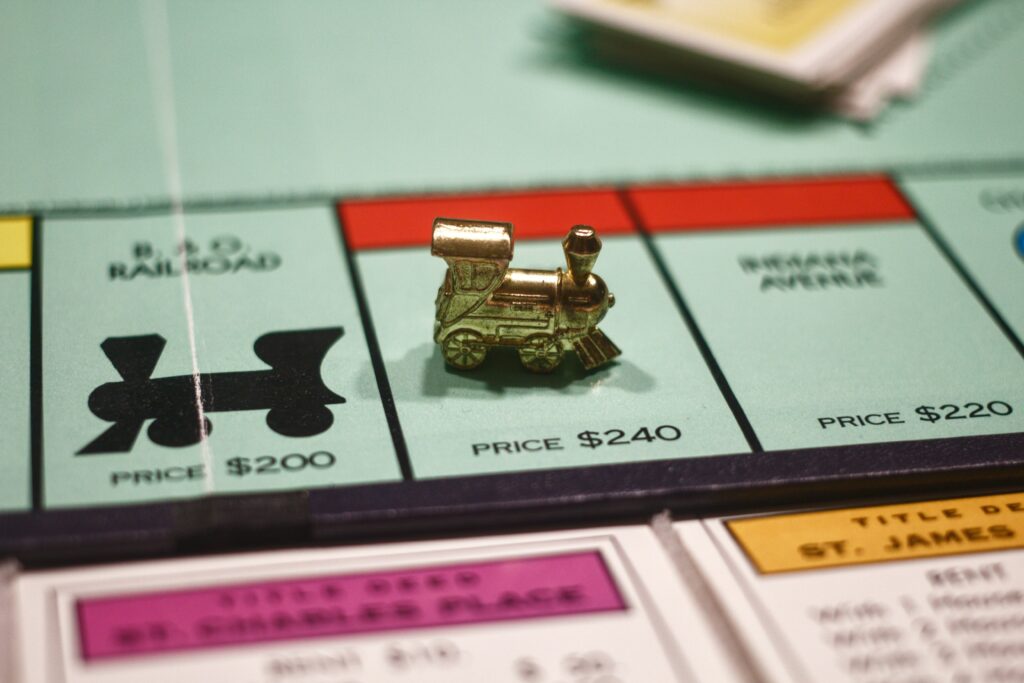Living in a casino city comes with its own set of unique dynamics, especially when it comes to the real estate market. As a real estate enthusiast, I’ve delved into the intriguing relationship between gambling and property values in these vibrant urban centers. The allure of casinos not only impacts the entertainment scene but also significantly shapes the housing market in these bustling cities.
From Las Vegas to Macau, the presence of casinos can drive property prices to new heights or create fluctuations based on the industry’s performance. As I explore the intricate web of connections between gambling trends and real estate patterns, it becomes evident that understanding this correlation is essential for both investors and residents in casino cities. Join me as we uncover the fascinating ways in which gambling influences the ever-evolving landscape of real estate in these dynamic locations.
Overview of Gambling’s Impact on Real Estate
Living in a casino city offers a unique experience intertwined with the real estate market dynamics. The presence of casinos plays a significant role in shaping property prices and market trends in cities like Las Vegas and Macau. Understanding the interplay between gambling activities and real estate patterns is crucial for both investors and residents in these vibrant urban hubs.
Key Casino Cities and Their Markets
In casino cities such as Las Vegas, Macau, and Atlantic City, the real estate market is heavily influenced by the presence and performance of casinos. These cities create a symbiotic relationship between gambling establishments and property values, impacting residential, commercial, and hospitality sectors. For instance, Las Vegas experiences fluctuations in real estate prices based on the performance of its renowned casinos, making it a dynamic market for investors to monitor closely.
Economic Influences of Casinos
Casinos not only drive tourism but also have a profound impact on the overall economy of a city. The influx of visitors to gamble in casinos boosts the hospitality sector, leading to increased demand for accommodation, entertainment, and amenities. This surge in economic activity often translates to growth in the real estate market, with property values responding to the ebb and flow of the gambling industry. Understanding these economic influences is essential for stakeholders looking to capitalize on the lucrative opportunities presented by casino-driven markets.
Factors Contributing to Real Estate Changes
Starting with the impact on infrastructure development, casino cities witness significant growth in construction projects to support the thriving gambling industry. The demand for new hotels, entertainment venues, and transportation networks in areas like Las Vegas drives real estate changes.
When focusing on the demand for housing near casinos, property values in proximity to these establishments soar due to convenience and lifestyle preferences. Investing in residential properties near casinos can yield lucrative returns as individuals seek the excitement and amenities these areas offer.
Comparative Analysis of Real Estate Values
In examining the impact of gambling on real estate markets in casino cities, it’s essential to conduct a comparative analysis of real estate values. This analysis allows for a deeper understanding of how the presence of casinos influences property prices and market dynamics in these unique urban environments.
- Before and After Casino Establishments
Before the establishment of casinos in casino cities like Las Vegas and Macau, the real estate landscape was vastly different. Property values were more stable, with growth patterns influenced by traditional market drivers such as economic conditions and population demographics. However, with the introduction of casinos, there was a noticeable shift in real estate values. The construction of casinos led to increased demand for both residential and commercial properties in proximity to these establishments. As a result, property values near casinos saw a significant surge, reflecting the attractiveness of such locations for investors and residents alike. - Comparison with Non-Casino Cities
When comparing real estate values in casino cities to those in non-casino cities, distinct patterns emerge. In non-casino cities, property values tend to be driven by factors such as local economic performance, job opportunities, and quality of life indicators. These cities typically experience more stable and moderate growth in real estate values compared to casino cities. In contrast, casino cities exhibit more volatility in property prices, with fluctuations linked to casino-related activities, tourism trends, and gaming industry performance. The presence of casinos can lead to rapid spikes in property values during economic upswings, but they may also experience sharper declines during downturns as they are more susceptible to fluctuations in the hospitality and entertainment sectors.
Challenges and Opportunities in Casino Cities

In casino cities, navigating regulatory and zoning issues is crucial for real estate development. Tight regulations and specific zoning laws often dictate where and how properties can be built, impacting the availability of land for development. By understanding and complying with these regulations, developers can harness the growth potential in casino cities while mitigating risks related to legal compliance.
Regulatory and Zoning Issues
I’ve found that in casino cities, regulatory and zoning issues play a significant role in shaping the real estate landscape. Local governments enforce strict regulations to control the expansion of the gambling industry and manage the overall development of the city. Zoning laws designate specific areas for different types of properties, such as residential, commercial, and entertainment zones, impacting the allocation of resources and the types of investments that can be made.
I’m aware that developers and investors need to navigate complex regulatory frameworks to obtain permits for construction projects near casinos. These regulations aim to maintain the balance between economic growth driven by the gambling industry and the quality of life for residents. Adhering to zoning laws ensures that real estate developments align with the city’s long-term vision, promoting sustainable growth and preserving the unique character of casino cities.
Investment Potential and Risks
I’ve observed that investing in real estate in casino cities presents both opportunities and risks. The proximity to vibrant gambling and entertainment hubs can boost property values, attracting investors looking to capitalize on the city’s tourism and economic activities. However, fluctuations in the gambling industry, changes in consumer behavior, and regulatory updates can pose risks to real estate investments in these dynamic environments.
I’ve seen that understanding the investment potential in casino cities involves analyzing market trends, demand-supply dynamics, and economic indicators. Diversifying real estate portfolios to include properties in different sectors can help mitigate risks associated with market volatility. Assessing the long-term growth prospects of casino cities and staying informed about industry developments are essential for making informed investment decisions and maximizing returns in this competitive market.




